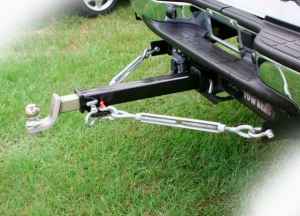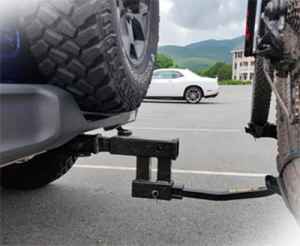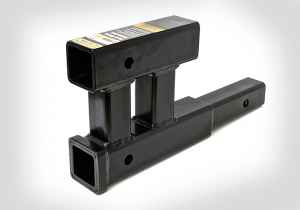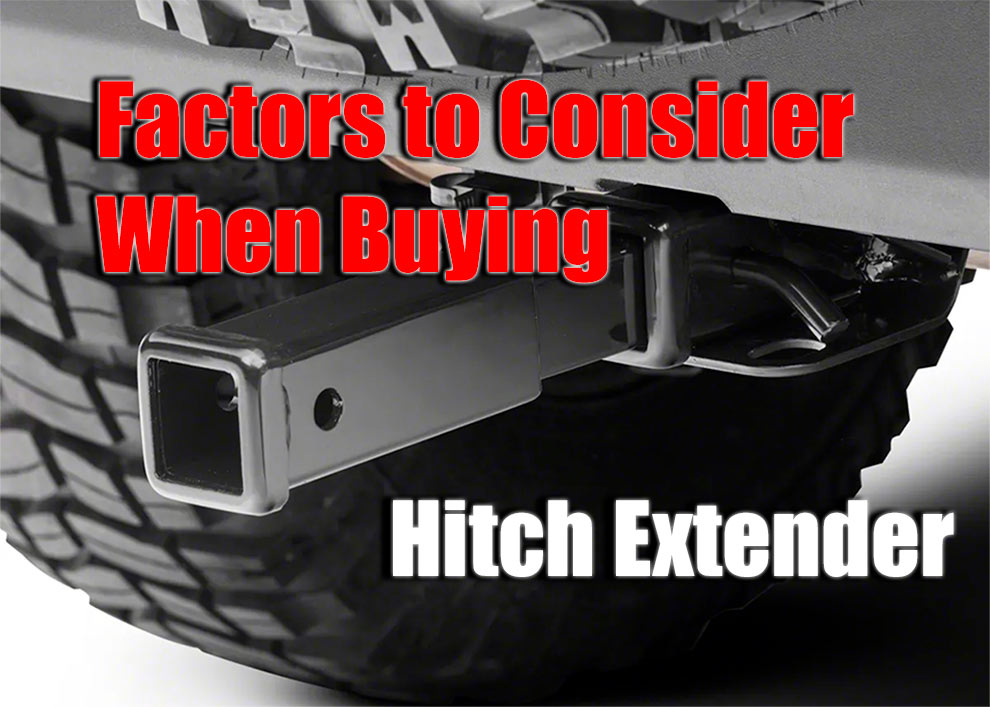A hitch extender is a device that attaches to the back of your trailer and extends the truck’s hitch. They can be purchased in different shapes, sizes, and styles depending on what you need. Hitch extenders are useful for those who have trailers with heavy loads or low clearance, but buying one can be complicated due to the different factors involved.
If you are buying a hitch extender, it is important to keep in mind the following factors.
The weight of the trailer
There are many factors to consider when buying a hitch extender, but one of the most important is the weight of your trailer. The more weight you have on the back end, the higher chance you’re going to need an extender.

The height of the truck’s hitch
Another factor that needs consideration before buying a hitch extender is how high off the ground your truck’s tailgate and hitch are. If they’re low, then buying an extender with less length will be needed so it doesn’t get caught up in anything while driving around town or out on country roads. Taller trucks don’t usually run into this problem as much because their hitches are at a greater distance from road obstructions such as bridges and overpass
Any obstructions that could get in the way
Trailers with a hitch extender are going to be much higher off the ground than those without. This is important when buying one because if you drive around town or any other place where there may be obstructions, it’s possible that your trailer could get caught up on something while driving and cause damage.
Your truck needs some space in order for an extender to fit properly. If you have limited space then buying an adjustable model can help reduce the 
However, if you need more clearance due to low bridges or overpasses, buying a longer style might work better instead so it doesn’t hit anything during travel time.
The length of your vehicle and trailer combination
The length of your vehicle and trailer combination is another important factor that needs to be considered before buying a hitch extender. If you have a long truck with an 18-foot trailer, then buying one in the six-inch range will work best for you.
However, if your truck has a short bed or only pulls small trailers then buying something slightly longer might be necessary. In this situation, it’s helpful to consider what type of cargo is on either end because they could affect how well it fits when fully extended out and ready to secure down at the hook point.
It also helps to know where the two hooks need to go once installed so as not to put them too close together which can make loading difficult while still securing everything
Whether you need a two-inch or one-inch extender

It’s best to consult with those who know more about trucks than yourself in order to get all these factors figured out before buying anything. Hitch extenders are relatively inexpensive devices but they’re not worth making mistakes over due to lack of understanding which could result in some serious damage to whatever may be hit if not done correctly.
What type of ball is on your tow bar
If you’re buying an extender, then chances are the ball on your tow bar will need to be changed as well. If it’s a standard size hitch on your vehicle with a one-inch receiver, this will likely not change at all. For those who have a two-inch receiver or anything bigger than that, buying something larger in order for it to fit is necessary
Conclusion
Before you buy and install a hitch extender, think through all of these factors. Consider the weight of your trailer. Determine what type of hitch extender you need – either a ball mount or bumper-mounted. Find out how much clearance is needed between the back of your vehicle and where you want to attach the hitch extender (typically two inches). Make sure that there are no obstructions in this space before purchasing a hitch extender so that it will fit properly on your vehicle. Read reviews to find out if it’s worth buying and how well it holds up over time. If you’re not sure which one to buy, talk with an expert at your local hardware store for advice on the best option for your needs.

Add Comment